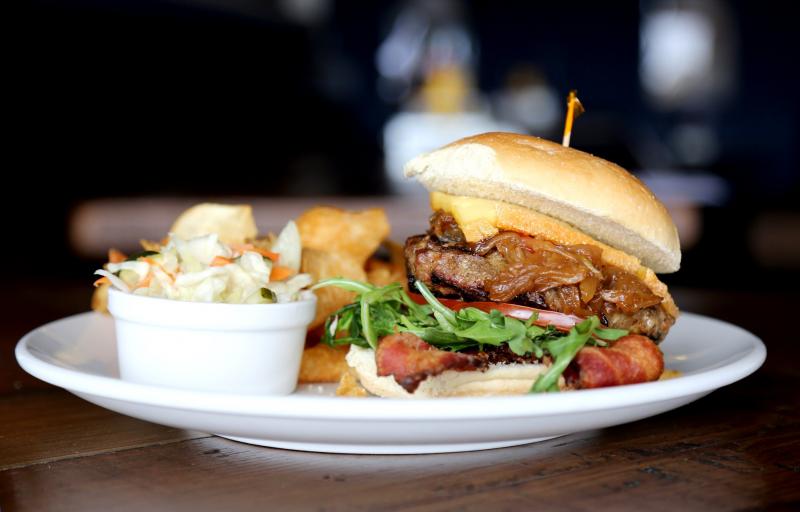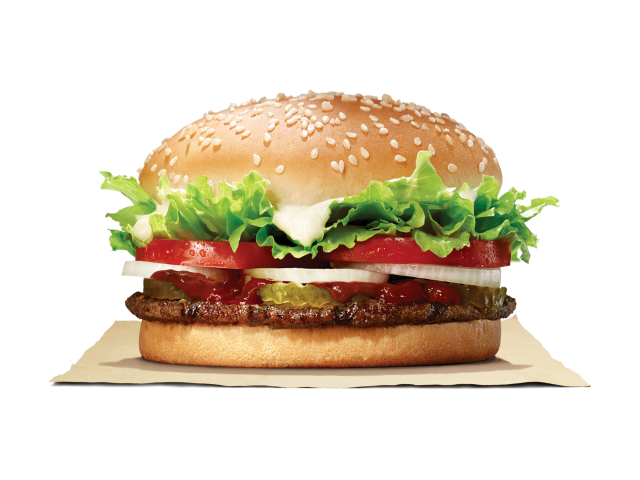
For health, environmental, and personal reasons, millions of Americans and even some fast-food burger connoisseurs are encouraged by the growth and increasing sophistication of the beef substitutes industry. But will old-school government pushback and a “Bootleggers and Baptist”-style pro-regulation coalition stall the growth of meat substitutes?
First, let’s back up a bit and review the history of consumer regulation.
There was a time back in the 1970s when legislators let little escape their regulating pens, as they were so wholly dedicated in their effort to regulate away every real and imagined imperfection in human behavior. The Consumer Product Safety Commission, for example, wanted to outlaw one wooden “Hickory Dickory Dock” toy because when a child struck a mallet against it (as designed), it made too much noise.
In another egregious example of overreach, the Federal Trade Commission worried that consumers were just not smart enough to go without federal guidance when laundering and bleaching clothes. The agency issued rules requiring that labels filled with detailed instructions be attached permanently to garments and even to carpets and rugs. It went so far as to provide a glossary of words that could be used.
So, too, there were regulatory forays involving over-the-counter medicines that outlawed the use of such phrases as “cures the common cold.” After all, everyone knew there is no cure for a cold, even though self-medication can provide some relief. The regulators reasoned that anyone unwittingly buying such advertised products would be misled, evidently thinking Americans are too stupid to figure this out for themselves.
Indeed, the FTC became so fired up in its effort to give detailed consumer guidance that even the Washington Post called it the “National Nanny” and asked for some regulatory relief in a 1979 editorial.
During these regulatory heydays, I spent some time at the FTC. I learned that those who have the power to regulate also have the power to choose winners and losers. People in the policymaking playpen realized that regulation could be used strategically to expand markets or to raise costs for the rivals of politically influential businesses.
It was during this same period that, inspired by what I was observing, I developed my “Bootlegger-Baptist” theory for explaining the rise of regulation.
It was named after a dynamic, which can occur with local liquor laws, and it goes like this: Successful federal regulation frequently requires that two quite different interest groups work to support the same regulation. “Bootleggers,” are black-market business interests, which support prohibition due to the financial gain that comes from undermining their competition. Meanwhile, “Baptists” take the moral ground. Maybe they hope to make the world a better place for uninformed consumers. They also provide some validation for politicians and regulators.
As a case in point, consider again the FTC laundry-labeling juggernaut. The agency decided that some items of clothing should not be subjected to home laundering and wanted the associated label to say “Professionally Launder Only.” Producers of self-service, coin-operated, dry-cleaning equipment located in laundromats let out a howl. Meanwhile, the professional laundry industry was smiling.
The same thing happened when the agency determined that some fabric should be labeled, “Do Not Bleach.” Producers of safe bleach that can be used on sensitive fabrics were not happy. Even though that was then and this is now, there are some indications that the Washington nanny state is ready to strike again.
In December, Sen. Deb Fischer — who just so happens to be a long-time member of the cattle industry — introduced the so-called Real Meat Act. The Nebraska Republican’s bill targets the rapidly-growing market for plant-based beef substitutes, products such as the Impossible Burger, which mimic meat’s appearance and taste. The legislation would codify a definition for beef and require that the words “IMITATION MEAT” be placed on product labels.
Noting her concern for consumers, and perhaps hoping to take some moral high ground, the senator said, “I think we're seeing a number of fake food fads that are going on and we want to make sure that consumers know what they're buying. When you look at a lot of the plant-based meals that are being put out there, they're trying to piggyback on really, really good nutritious, safe beef.” National Cattlemen’s Association President Jennifer Houston agreed, indicating that the industry merely wants a level playing field. (Shocker.)
Meanwhile, Jessica Almy of the Good Food Institute, which represents producers of plant-based food, indicates that no consumer complaints have been registered. She suggests that the whole effort is about protecting the conventional meat industry, not consumers.
What’s the lesson for 2020? Even at a time when the Trump administration is working almost feverishly to cut back existing rules while stifling new ones, certain regulations have powerful appeal and ready-made coalitions ready to turn them into reality. Could it be that officials on one side of Washington are pruning away rules while legislators on Capitol Hill are calling for more?
It wouldn’t be the first time, nor will it be the last.
Bruce Yandle is a contributor to the Washington Examiner's Beltway Confidential blog. He is a distinguished adjunct fellow with the Mercatus Center at George Mason University and dean emeritus of the Clemson University College of Business & Behavioral Science. He developed the "Bootleggers and Baptists" political model.
"Burger" - Google News
January 01, 2020 at 12:49AM
https://ift.tt/36i13SM
Nanny state comes for the Impossible Burger and other meat substitutes - Washington Examiner
"Burger" - Google News
https://ift.tt/2OZfaXf
Shoes Man Tutorial
Pos News Update
Meme Update
Korean Entertainment News
Japan News Update



























